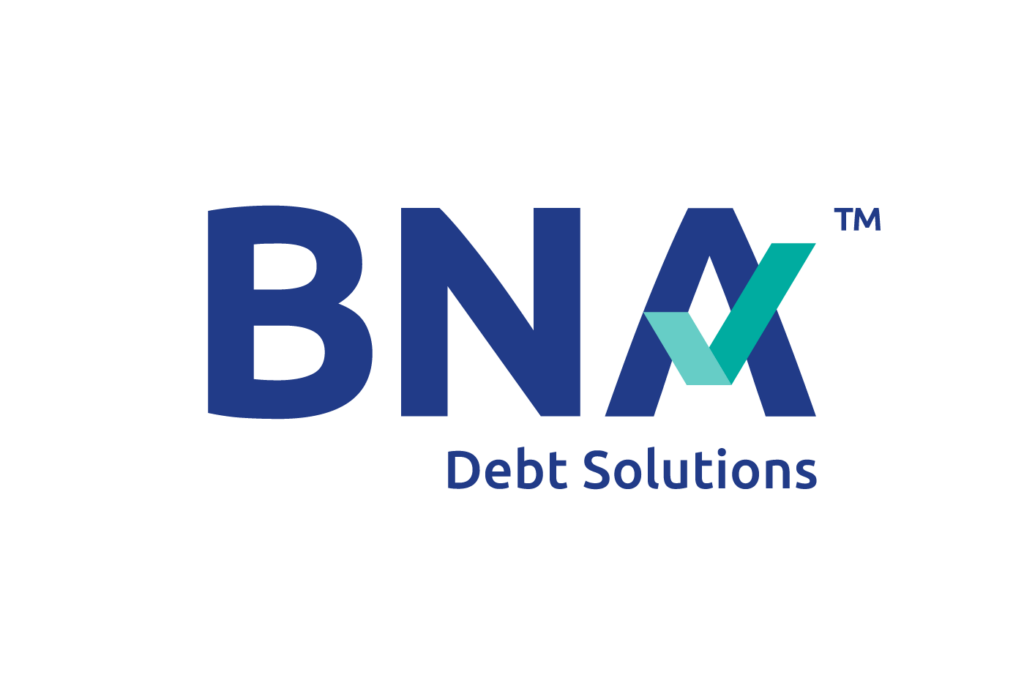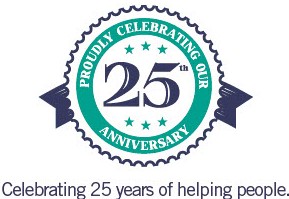“You can’t borrow yourself out of debt.”
It’s a common phrase around the BNA Debt Solutions office, and for a good reason. Through our work as Licensed Insolvency Trustees, we talk to dozens of Albertans every month who are coming to see us as their last resort in tackling their debt.
All too often, we see the same cycle: unchecked credit card spending, an unplanned event such as illness or job loss, and the inability to pay down the monthly Visa bill along with other expenditures like the mortgage or vehicle payments. Often, our new friends wind up going to third party or “C” grade lenders to get so-called “debt consolidation” or “installment loans” to cover the gap, or lump all of their payments into one monthly sum.
Sadly, many of the loans offered by C grade lenders come with crushing interest rates, followed by extremely aggressive debt collection tactics. What was supposed to be a way to take care of a growing expense has now turned that debt into an even larger hole to dig out of, with interest rates as high as 59%, creating an endless spiral of struggle that is extremely difficult to get out from under.
What is a C grade Lender?
In Canada, there are different levels or grades of lenders.
“A lenders,” are the traditional banks that strive to work with clients who have reliable credit scores and income. These are institutions like Scotiabank, TD, BMO and CIBC who are under strict government regulation. Their interest rates, in exchange for your good credit behaviour and regular income, offer low interest rates.
“B lenders” like Equitable Bank, don’t demand that a borrower pass as many “stress tests” to gain a loan, however in exchange they offer higher interest rates. They cater to Canadians who may not qualify for credit from Canada’s biggest banks because of a lack of credit history or regular income. B lenders often become the go-to for new Canadians looking to purchase their first home, because they don’t have the history to get a mortgage from a more established bank.
Meanwhile, “C lenders” are completely unregulated, private institutions that are far more willing to approve loans, but in return offer extremely high interest rates. Many C lenders don’t perform any credit checks or stress tests, making them an attractive option for those in financial trouble looking for a quick fix to their problems. Many of these types of lenders will charge up to 59% annual interest on a loan, and may ask for you to put your home, car or other assets up to secure the debt, which leaves you at major risk.
Debt Consolidation is Still Debt
C lenders often play in the mortgage market, but they are increasingly offering a product called an installment loan. In a nutshell, they offer a loan (from your credit card, vehicle, mortgage, etc) to allow you to pay off some of your individual bills, often at a rate as high as 59% (any rates 60% and higher are illegal in Canada). These lenders make it sound incredibly easy to get a loan from them, advertising approval in minutes, and many C grade lenders don’t even require you to enter their offices, instead offering online services. These installment loans are relatively new to Canadian markets, but according to a recent Equifax study, are the second fastest growing type of debt in our country.
A CBC Marketplace investigation revealed how in one situation, a loan was given for $5,100 on a 36 month term. However when broken down by an actuary, the full cost to the borrower was a whopping $13,400. That’s nearly 3 times the cost of the initial amount borrowed.
It’s also worth noting that many of these institutions rely on manipulative marketing that promise fast approvals, cash in less than a day, and bury prospective borrowers in confusing stats and numbers, using high pressure sales tactics to convince you that you are getting a “great” deal.
For any of our friends who might be contemplating taking on a loan from a C grade lender, we encourage you to take the time to watch this report:
If you find yourself contemplating an installment or debt consolidation loan from a private lender, be sure to ask the following:
- What is the interest rate?
- Is it interest only or principal and interest?
- What is the penalty for failing to make a payment?
- What is the final payoff?
- What is the penalty if you pay ahead – make a larger payment in a particular month?
- What will your actual out-of-pocket cost be each month?
- What else is in the fine print?
Federal Warnings
The Canadian government, via the Financial Consumer Agency of Canada, has issued several warnings towards anyone who may be thinking about taking on a short term loan from a private or C grade lender. In both April and August of 2017, the government warned against companies misrepresenting themselves as institutions that can solve your debt problems, who promise they can fix your credit score quickly, or are offering a high interest loan as your “best option”.
As we often say in our office, “if it’s too good to be true, it probably is”, and in the case of installment loans from private vendors, it absolutely is.
Unfortunately, these warnings haven’t stopped Canadians from racking up debt with these lenders. According to the Financial Post, one of the key factors in Canada’s rising insolvency rates are C grade lenders offering high interest loans.
Your Alternatives
If you’ve found yourself in a situation where you need a short term loan to pay off some more bills quickly, the best thing we can recommend is to give us a call at BNA Debt solutions. Our Licensed Insolvency Trustees are the only agents capable of truly getting between you and your creditors to end your crushing debt, and the only way to end that debt is to stop it, not take on more of it. Our team can give you the best advice and provide you with a road map to escaping the clutches of your creditors.
A Licensed Insolvency Trustee has the power and legislative ability to deal with the bill collectors for you, with our clients paying, on average, 37% of their outstanding debt. No additional fees or expenses.
Whether you’re contemplating a Canadian installment loan, or you’re currently struggling to pay one down, call us. We can get in between you and your creditors and give you relief from creditor calls.





